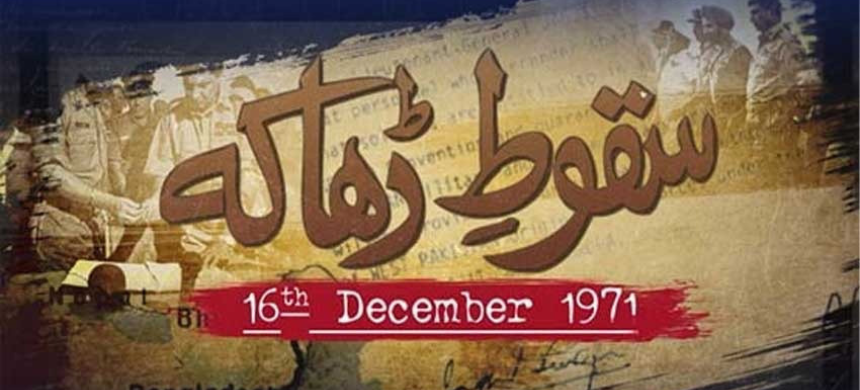December 16, 1971: A Pivotal Chapter in South Asian Geopolitics
The date December 16, 1971, marks a turning point in South Asian history, as it signaled the separation of East Pakistan and the creation of Bangladesh, fundamentally altering the region’s geopolitical landscape. Even 53 years later, this historical event continues to leave a lasting impact on national memories.
The road to separation was shaped by complex political dynamics, with India playing a key strategic role in the eventual partition. Reflecting on the historical significance of the event, former Pakistani Foreign Secretary Johar Saleem observes that nations are not bound to a fixed trajectory, highlighting the importance of learning from past experiences to pave a better future.
Read More: Doctors’ strike in Bangladesh halts healthcare nationwide
The Mukti Bahini Factor
India’s involvement in the 1971 conflict was strategically executed through the Mukti Bahini, a group trained and supported by Indian intelligence agencies. Operating out of six specialized camps within Indian territory, the Mukti Bahini comprised around 100,000 militants, many of whom received direct guidance from RAW and Indian military officers disguised in civilian attire.
These operations were meticulously planned to weaken Pakistan’s internal unity, targeting patriotic Pakistanis, including Muslims and Biharis, through calculated acts of violence and terror.
The Bihari Struggle
The Bihari community emerged as one of the most tragic victims of the conflict. Their steadfast loyalty to Pakistan exposed them to brutal persecution by the Mukti Bahini, who employed extreme violence and torture to suppress dissent. Despite these atrocities, the Biharis remained unwavering in their allegiance to Pakistan, even as the Pakistan Army struggled to protect vulnerable populations amidst widespread instability.
Bangladesh’s Modern Political Shifts
In recent times, political developments in Bangladesh have further complicated the historical narrative. In August 2024, a significant political upheaval saw the pro-India government ousted from power, forcing Prime Minister Sheikh Hasina to flee the country. This event, reflective of shifting allegiances, contrasts sharply with Indira Gandhi’s 1971 declaration that the “two-nation theory” had been drowned in the Bay of Bengal.
The Psychological and National Impact
The separation of East Pakistan not only represented a territorial loss but also inflicted deep psychological wounds on the nation. This trauma was compounded by later tragedies, such as the 2014 Army Public School massacre in Peshawar, which also occurred on December 16, amplifying the sense of collective grief tied to this date.
The historical and emotional weight of the events of 1971 continues to shape the national consciousness, serving as both a reminder of the past and a call for resilience in the face of adversity.











